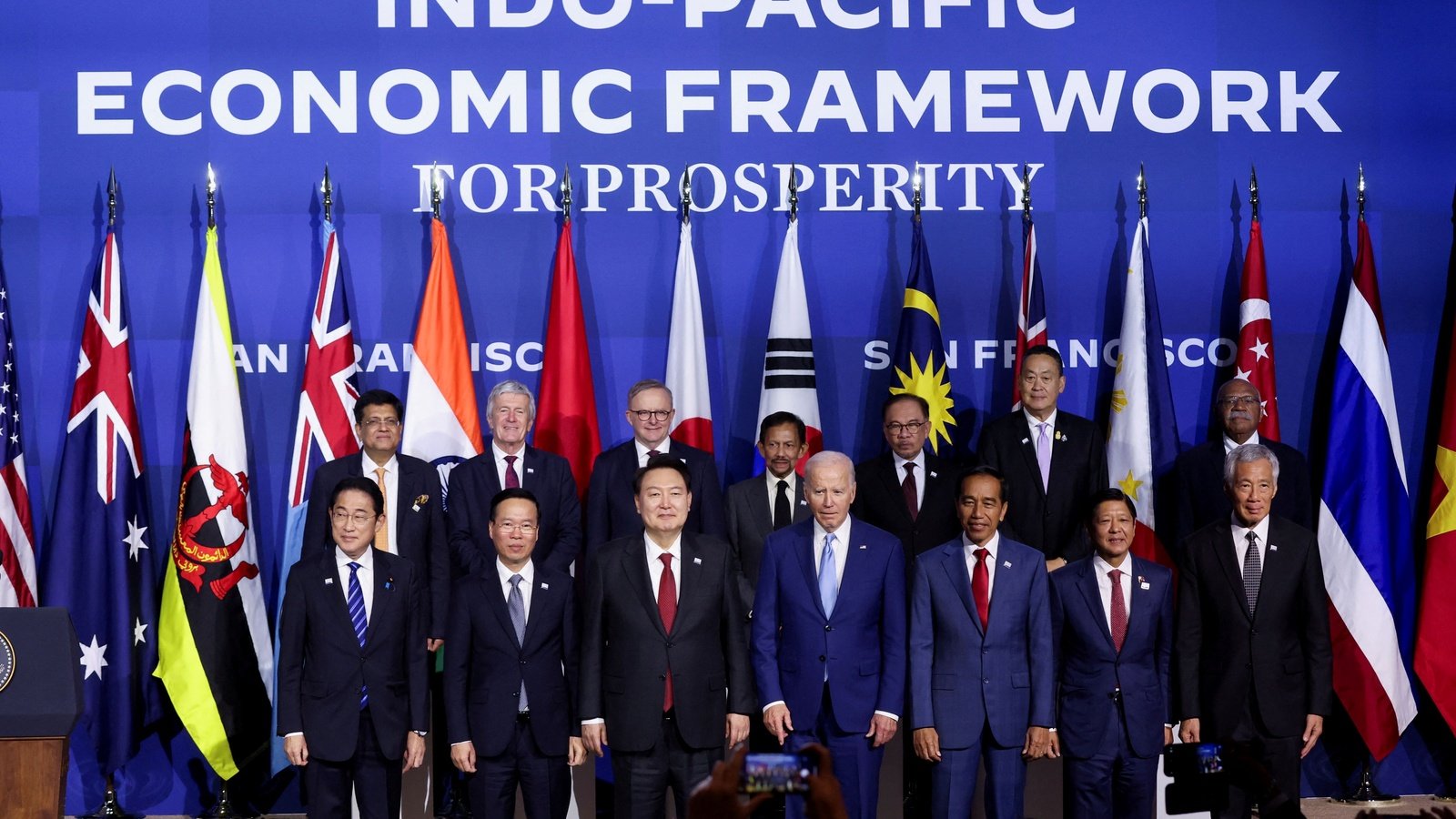U.S.South Korea Policy Coordination on Supply Chain Resiliency

In efforts to enhance supply chain resiliency, the U.S. and South Korea are pivoting towards diversifying away from heavy Chinese reliance. South Korea's 3050 Strategy aims to reduce dependence on China to under 50% by 2030. This shift challenges traditional South Korean economic-security norms, but allows for closer integration into U.S. supply chains. Coordination between governments and companies is crucial for successful alignment and mutual benefits.
Source: Link
FAQs - U.S.-South Korea Policy Coordination on Supply Chain Resiliency
Frequently Asked Questions (FAQs)
FAQ 1: What is the focus of the U.S.-South Korea Policy Coordination on Supply Chain Resiliency?
Answer: The focus of the policy coordination is on strengthening and making more resilient the supply chains between the United States and South Korea, particularly in response to challenges posed by China. This includes strategic collaboration to respond to global and regional economic dynamics and ensure a stable supply of critical goods and services.
FAQ 2: What actions has President Biden announced to strengthen America's supply chains?
Answer: President Biden has announced actions including the creation of the Council on Supply Chain Resilience and the use of the Defense Production Act to produce essential medicines domestically to strengthen and secure key sectors. Source: White House Briefing Room
FAQ 3: What kind of events has the CFR held regarding U.S.-South Korea supply chain policy?
Answer: The CFR held an in-person workshop on November 28, 2023, on U.S.-South Korea policy coordination, which included discussions on supply chain resiliency. Source: CFR Blog Post
FAQ 4: How important is U.S.-South Korea alliance coordination in addressing supply chain challenges?
Answer: Effective coordination between the United States and South Korea is crucial for responding to domestic, regional, and global challenges, including those related to the supply chain. It has longstanding ramifications that can significantly affect both countries' economies. Source: CFR Bolstering Cooperation
FAQ 5: What are the recent disruptions in global supply chains attributed to?
Answer: Recent disruptions in global supply chains are largely attributed to economic shocks caused by the Covid-19 pandemic. These disruptions were compounded by Covid-related shutdowns, which rapidly changed the supply and demand for various goods and services. Source: The White House Issue Brief
FAQ 6: Where can I find detailed information or research pertaining to U.S.-South Korea policy coordination on supply chain resiliency?
Answer: Information and research on this topic can be found through the Council on Foreign Relations website, where various blog posts, reports, and event summaries discuss aspects of U.S.-South Korea policy coordination on supply chain resiliency. CFR South Korea
For more detailed information, please refer to the specific content provided by the Council on Foreign Relations and pertinent briefings from the White House.

